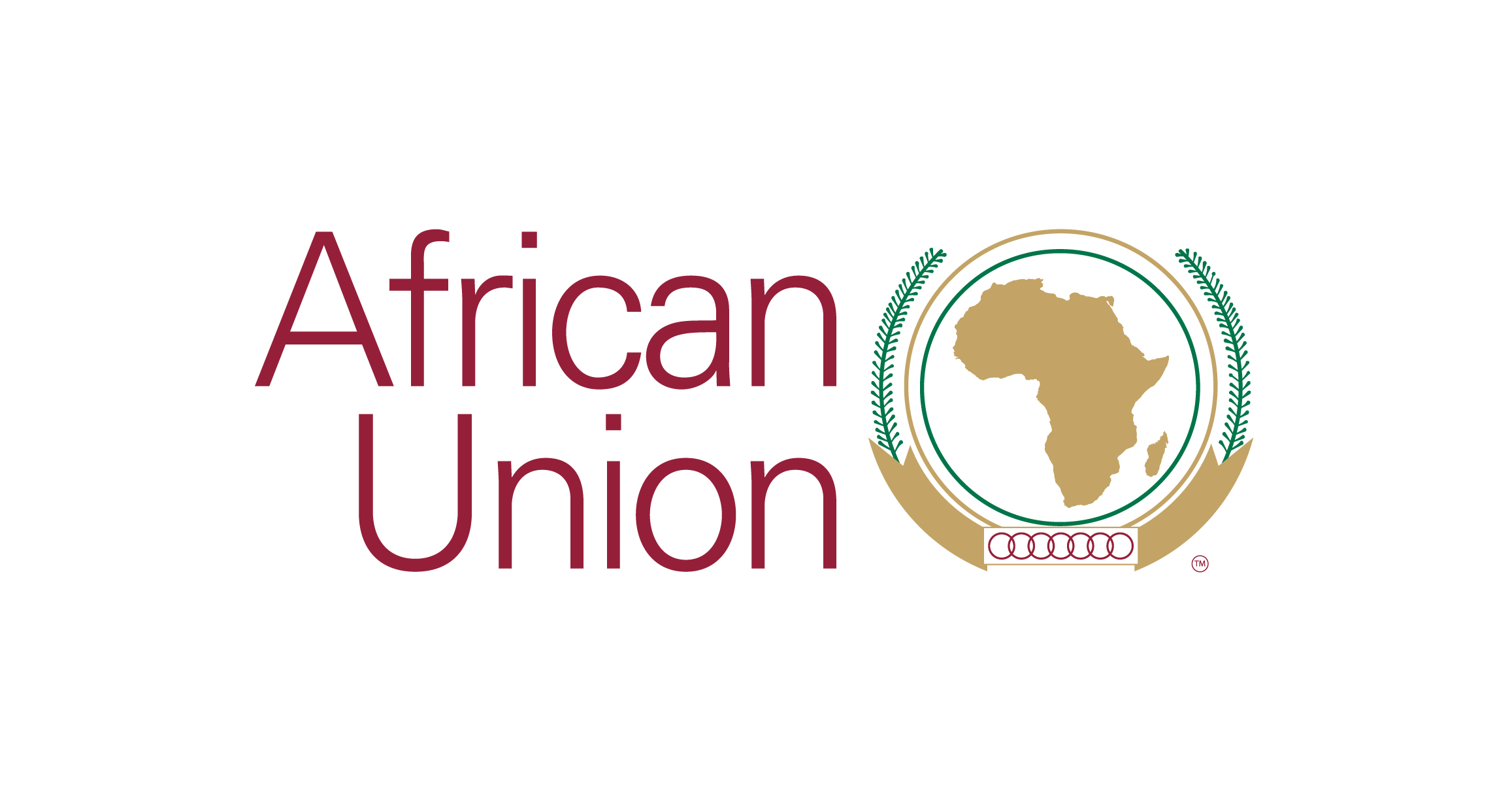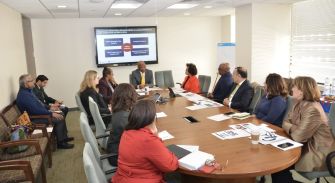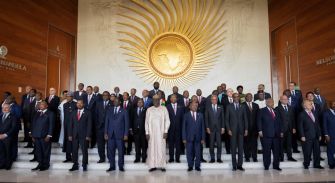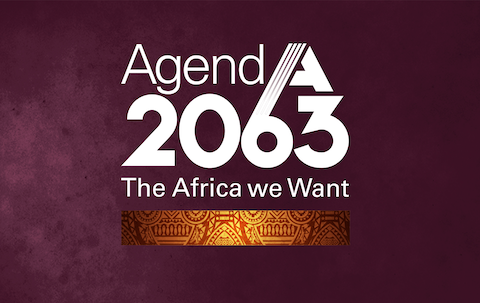1. Introduction
The African Union Commission’s 1 Million Next Level initiative seeks to catalyze action for youth
development in Africa, through providing unique young Africans with opportunities in the areas of
Education, Employment, Entrepreneurship and Engagement, and Health and well-being. Recognizing
that the youth are Africa's most valuable assets and pivotal to the continent's development, it
becomes imperative to develop their potential through connecting them with industry and subject
matter experts for capacity development for scale and impact.
The African Union Commission (AUC), along with the rest of the world, recognizes the centrality of
youth to achieving the aspirations of Agenda 2063. It is for this reason that aspiration 6 of Agenda
2063 affirms that the Africa We Want is, "An Africa, whose development is people-driven, relying on
the potential of African people, especially its women and youth, and caring for children''. Together with the African Youth Charter and the roadmap on harnessing the demographic dividend through investments in youth, Agenda 2063 and its youth-centric action plans serve as continental frameworks which reflect the prioritization of youth development by the African Union Commission and AU
Member States. The current African youth generation is acknowledged as the largest in history, with
the global agenda increasingly focused on young people as key drivers for meaningful and impactful
social movements. Youth’s diverse and unique actions have greatly contributed to promoting peace
and identifying and addressing the triggers of violent extremism. Moreover, young people are the
most able to mobilize their peers and become principal stakeholders of societies increasingly free
from stereotypes, discrimination, and extremism.
2. Citizen Engagement Platform
One of the gaps identified after the review of the First Ten Year Implementation Plan (FTYIP) of the
Agenda 2063 is the inadequacy in engaging Citizen on the knowledge, initiatives and opportunities
within the framework. To address this challenge, the GIZ African Union, through the DataCipation
Program (DC) is supporting the African Union Development Agency (AUDA-NEPAD), Women,
Gender and Youth Directorate, in the enhancement of citizen engagement activities and processes
across the continental, regional and national levels. Among the activities is the development of a
Citizen Engagement Handbook (CEH) and a Citizen Engagement Platform (CEP).
To further deepen youth engagement, the Youth Division continues to deploy the CEP to build data,
measure impact and assess capacity need of young people in its engagement activities across the
continent. So far it has been effectively used in Kenya, Ghana to enhance engagement through the
YouthKonnekt Africa event, African Youth Month, and the African Games.
3. Youth Organisation Database Development and Engagement
To align youth initiatives to the AU’s continental frameworks such as the Agenda 2063, Youth Charter
as well as the 1 Milion Next level, it is important to take steps to gather and validate the database of
youth led or service organizations working to advance the AU’s Agenda 2063. This allows for building
and enhancing youth initiative to advance the objectives of these frameworks.
In this regard, the Youth Division within the Women, Gender, and Youth Directorate (WGYD) seeks to
launch a youth organisation database development to drive Citizen Engagement to scale the achievement of the objectives of the Agenda 2063 and the 1 million Next Level Initiative as well as
contribute to the theme of the year.
4. Objectives
- Networking and the formation of partnerships between youth organizations, fostering a sense of community and enabling joint initiatives.
- Mapping out and certifying youth organisations for the exchange of information, co-creation,best practices, and success stories among youth organizations to scale and impact.
- Facilitating coordination and collaboration among various youth organizations by maintaining a centralized database for YD programs, events, and activities.
- Linking them to platforms that addresses AU priorities areas.
5. Expected Outcome
The short-term and long-term outcome of this exercise include but not limited to the below.
- Needs Assessment, Reporting and Capacity Development
- Development of Youth Engagement Tool Kits
- Yearly or Quarterly State of Youth Organization Report
- Amplifying Youth Initiatives (profiling)
6. Database Development Process
Selection – Validation – Categorization – Needs Assessment – Capacity building – Reporting (Policy
development, Mobilization, Profiling etc).
7. Criteria
- The organization's mission aligns with the AU’s Agenda 2063 and working to advance youth development through community engagement, diversity, and youth empowerment.
- Must be a Youth Organisation working in the area of Education, Health and Wellbeing (SRH),
- Entrepreneurship, Employment as well as youth empowerment or any other areas that aligns with AU priority areas
- Must be registered or have footprints of work done at the international, national, community level.
- The organization works with diverse group of youth, including those from different socio-economic backgrounds, abilities, and ethnicities.
- Must be based in any country in Africa.
8. Tool for Data Collection
The Citizen Engagement Platform (CEP) will be the tool for collecting data, cleaning, and
disaggregating the data. The platform will be used to host these data of young people since AU has
ownership of the platform.
Share initiative with your circle friends & family










